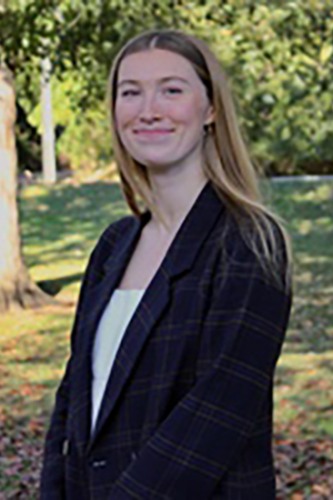
Maya Krause
Biography
Maya B. Krause is an anthropological bioarchaeologist. She received her Ph.D. in Anthropology from Vanderbilt University. Her research broadly explores the biocultural construction of childhood, a site of negotiation where embodied connections to both the community and the state are produced. Namely, she investigates the health of infants and children, dietary practices, and child-rearing methods to provide a comprehensive understanding of how children are active agents in the construction of identity at the individual, community, and state level. Her work across the Peruvian Andes has been supported by National Geographic, Fulbright IIE, and the Tarkington Family. She holds an MA from Vanderbilt University and a BA from Wake Forest University. At Vanderbilt, she was named as an Outstanding Instructor of Record from the College of Arts & Sciences.
Krause’s research investigates Andean constructions of childhood, exploring the foundation of the socialization process that shapes individuals as both agents and subjects. These perspectives are examined through a focused study of childhood and child-rearing practices, including foodways, diet, weaning, and migration at Auquimarca, a Wari-era (600–1000 CE) site in the Peruvian Andes. These practices are deeply rooted in cultural traditions and reflect values, beliefs, and adherence to, or rejection of, social norms. Through bioarchaeological methods, this research traces the physical effects of these practices on skeletal remains and isotopic signatures in bones and teeth, providing insights into how early childhood experiences contribute to the construction of both individual and community identities. This project builds empirically based narratives that illuminate the complex nature of identity formation, demonstrating that it is not merely a personal or familial endeavor, but a collective and societal one.